Question:
At last, here we are. I’ve been grappling with this issue for several years now, and yet a solution has continued to elude me. You mentioned that you used a PRNG (Pseudo-Random Number Generator) for this psychic quiz. But that’s where the real issue lies! Why opt for a PRNG instead of a TRNG (True Random Number Generator), like a quantum-based one? The thing is, a PRNG doesn’t generate truly random numbers. A computer can’t be programmed to act randomly because the nature of programming itself is the opposite of randomness. We, as humans, often believe we can make random choices or generate random numbers with our minds. But I seriously doubt that. Every thought we have is a product of the brain’s prior states, meaning it’s entirely deterministic and shaped by reward or punishment mechanisms. This fundamentally challenges the concept of free will.
On the other hand, quantum computers may have the potential to generate truly random numbers, but even then, we might simply lack the capacity to understand the deeper processes at work—possibly in other dimensions. It would be incredibly valuable if you explored free will through this perspective, as it could help resolve many of the ambiguities surrounding the topic. If anyone can tackle this question, it’s you. I’ve searched far and wide, but no one is addressing it. No one is even asking! It’s driving me crazy. Thank you for taking the time to consider my thoughts.
Answer:
Well, I certainly can understand why you would be grappling with this for years – it’s an incredibly difficult question. I’m not sure if I could answer it, and I’m definitely not a mathematician of any kind. However, perhaps the point of view of an inner alchemist might help you see different angles that might help.
There is a lot to unpack here, and we may as well start with the aspects of it that I am least expert in, as these may eventually lead us to conclusions that are helpful in the long run.
Therefore, I could start by saying that I’m not skilled enough to use anything but JavaScript to create this test. As such, I must rely on the PRNG (Pseudo-random Number Generator). More talented people might include some kind of program that captures mouse events as a way to generate randomness. However, I’m not that skilled as a programmer. I don’t have access to a Quantum Computer, so I can’t use that method. Additionally, some experts may suggest using external sources of entropy for true random number generation, such as atmospheric noise or radioactive decay. However, these options are beyond my capabilities, so we’re left with a relatively simple test.
Nevertheless, a test like this one is actually far more complex than might be suspected on many levels. This is because the randomness generated by PRNG systems is sufficient to allow us to explore the nature of our intuition and the incalculability of extrasensory perceptions.
This test can enable the human mind to focus beyond the limitations imposed by the conscious-self, thereby reviving latent abilities as long as the individual believes that such abilities are possible. The expanded human mind is incredibly capable, perceiving far more than modern science suspects. The expanded self is not bound by deterministic probabilities unless it believes in them.
From the perspective of inner alchemy, science has much to learn about the true nature of reality and the potential within the human self. A test like this one, approached positively, can initiate a constructive journey as long as it’s not taken too seriously.
Randomness and Free Will
In order to try to describe this perspective better, let me begin with randomness. Understanding and perceiving the limits of randomness are an incredibly important aspect in understanding the limits and the possibilities of the individual, and as you have quite astutely suspected, at least from an inner alchemy point of view, randomness and Free Will are indeed connected. But here at this very beginning, certain inevitable paradoxes are almost immediately brought into play, and these are paradoxes that the conscious-self must always grapple with because of its very limited awareness and cognition. The conscious-self has so many limits that it is amazing how much it is not able to perceive and being so limited in its scope, the words that we use to communicate, being that we are a conscious-self communicating with another conscious-self, are incredibly limited as well and not up to describing perfect randomness, which in the end equates with infinity.
So, due to the incredible limits of the conscious-self, paradoxes are the only way that the conscious-self can understand the infinity, the perfect randomness, from where its free will springs. For that reason, there is a bit of a dictum in sorcery which states that all true magic, all true knowing, is and must be a paradox. From the point of view of the conscious-self, all true knowing and true magical action are in essence a Catch-22, tangles and knots worthy of Loki; a condition where reason becomes jumbled and circular.
How is this possible?
From the higher limits available to a seer, a seer sees that randomness is an issue of complexity, and a human being can only understand so much complexity.
As you’ve noted in your question, there are different levels of randomness and therefore there are different levels of complexity. As human beings, we might be able to understand a certain level of randomness intellectually. As seers, we might even be able to perceive an incredible level of randomness (complexity) that is far beyond anything that could be known intellectually. But even the incredibly expanded range of the seer is not enough to understand perfect randomness (infinity); some seers may be able to perceive perfect randomness in quick glimpses, but not understand it. This means that a seer can know vastness beyond measure but ultimately, they don’t know how they know what they know.
But let me back up a bit. As I said, this is a difficult topic, and I must take many angles in trying to explain. So, randomness is an issue of complexity. And since complexity in the human world is subjective to some degree, then truly defining randomness becomes very difficult. It is even the case that randomness in a sense, like everything else in the human world, is a commodity, a way to achieve control and influence over others.
Randomness in a sense is the key to everything, so what a staggering question indeed.
What does, randomness is the key to everything mean?
It means that randomness is the measure of awareness. The less developed awareness sees randomness everywhere, while more developed awareness begins to realize that randomness is an illusion to some degree. The average person (someone who only has access to the conscious mind that we referred to as waking reality, which I refer to as the conscious-self) is only aware of a relatively small amount of things. According to psychologist George Miller, Miller’s magic number says that on average a person can hold about seven items in their working memory. That means that at any point in time, the conscious-self can only deal with (about) seven items at a time, so even using general inference, the average person’s awareness of complexity is very small.
This means that for it, randomness is everywhere, and aside from developing a strong logical mind that can hopefully create more complex mental models, the world for the average mind is in a sense quite random. In order to deal with that randomness, the conscious-self has created magic, religion, and its latest attempt at overcoming its sense of powerlessness, science.
There are many ways to increase mental complexity; increase awareness. The current focus is on external contraptions. And I suppose there is a certain kind of egalitarian quality to this latest theology, in that as long as you can afford it, you can access thinking machines that can help you deal with larger amounts of data and thereby increasing your power.
The problem with external machines though is that they help to increase external control but they do nothing to help the average person deal with the revelations of that expanded awareness. In the extreme they can make you hard and powerful on the outside, but soft and brittle on the inside. You then have all of the problems of the modern world with all of its decay and injustice.
The seer’s perspective
The way of inner alchemy, on the other hand, at least in my opinion, fosters a far more balanced growth in the individual. It demands a pattern of interaction that enables the individual to tackle problems of randomness by moving deeper within, rather than simply moving without.
To achieve this, it begins with the individual’s starting point: the conscious-self. Exploration of the conscious-self soon reveals that this waking self, which holds dominion over everything in the modern world, is quite limited.
By moving deeper within, the inner alchemist begins to explore realities that are denied those who are completely focused on the conscious-self and solely focused on outer physical exertion and power. This does not mean that the outer reality is completely abandoned; instead, a balance is achieved over time that allows the expanded self to realize that all external action and creation has its origins in an inner world beyond the physical senses and the machinations of the conscious-self.
Randomness is explored directly, without attempting to create contraptions that desperately try to simulate perfect randomness. Infinity is explored directly, without trying to create contraption after contraption to understand the limits of space-time. Instead, the inner alchemist delves deep within and begins to use sensory mechanisms that are far beyond the physical senses relied upon by the conscious-self to give meaning and non-random stability to existence.
Using those inner senses and inner motion, seers and sorcerers discover an incredible realm of existence so vast and glorious that they have no other recourse but to evolve or perish. Since they are not separated from direct perception by contraptions, this new expanded awareness demands that they confront this new knowledge now available to them and integrate it into their inventory as human beings.
From that inner perception that we may call seeing, they face infinity directly; they face perfect randomness directly. In doing so, they realize that infinity, or what I have termed perfect randomness in this article, is composed of rings or layers, one stacked on top of the other like the many layers of an onion. Each one of these rings is like a prison, like walls around an individual.
The first major ring is around the conscious-self and within that ring, the limits of the individual are very severe. From within that small ring, everything is as simple as simplicity can be if that person confines themselves within that ring and fully engages with it without questioning anything else. Within such confines, they can live a relatively cozy life where everything seems to have a straightforward answer. Simple physical mechanical laws prevail, and the relative power of that person within the confines of that prison is directly related to their understanding of those simplistic mechanical laws. Whether it is piling stone on stone, creating a lever, building a bridge, or assembling a computer, all “relatively” simplistic classical mechanical power and reality reside within that first ring.
[It is certainly true that there has been an increasing complexity within humanity, with the development of quantum mechanics being a notable example. However, for the sake of this article, we will stick to basic interpretations and perhaps discuss the nature of human evolution at another time.]
The knowing and implementation of those mechanical laws demands internal work to some degree. A thinker must think, and that thinking happens on the inside; with some individuals doing more thinking than others. So even within the first major ring of the conscious-self, there are rings within rings. There is also a leeway between rings that allows an individual to bypass certain linear expansions of awareness. I am making general statements here in order to make an overall point.
What I am trying to say is that the perception of randomness is inextricably linked to awareness, which can be viewed as a ring – a prison. For those bound within the ring of the conscious-self, perfect randomness can be nothing but a paradox. There is no possible way for the conscious-self to truly comprehend the paradox of complete randomness. To think of it as anything other than a paradox can potentially drive an individual to madness.
Within the prison of the conscious-self, there is no means to describe perfect randomness; there is no means to describe infinity. While we could employ symbols and mathematical equations to attempt to capture its essence, such symbols and equations are mere abstractions on a page – they are not the experience itself. And because they are not a direct perception of perfect randomness, they will never be able to satiate the angst that an individual feels as they gaze up at infinity.
Infinity cannot be explained in words. Perfect randomness cannot be explained or even adequately described using words. At best, infinity must be a paradox, a joke, one of Loki’s knots that begins and ends in nowhere, because if it were to end somewhere it would negate itself.
Free will is real and it is the right of every individual. The source of that spontaneity and the source of that right to choose comes from that perfect randomness which could also be termed infinity or All-That-is.
You argue that free will is impossible because everything we do stems from prior states, but this only assumes that prior states are complete and finished. From the inner alchemist’s perspective, however, as they ‘see’ what the conscious-self calls the past, they perceive that the past is not complete or finished once the conscious-self is no longer aware of it. Instead, they see that the past is developing, evolving, changing, and continuing – just like the present and future. Nothing ever stops expanding or evolving; the conscious-self simply ceases to be aware of those continually unfolding realities.
This means that prior states are spontaneously expanding now, perpetually sprouting and radiating from an infinity point that serves as the source of all existence, including what the conscious-self calls the past, present, and future.
Free will is still possible for even the individual trapped within the most restrictive boundaries created by the conscious-self. Inner aspects of that individual that are not bound by these prisons continually provide information through impulses, dreams, and synchronistic opportunity points, allowing them to freely choose between the best and worst path. Even the Archon, driven by its insatiable need for control, is used as a catalyst by this brilliant infinity point to bring about the potential for even greater and freely chosen possibilities. But for an individual to see the dictates of the Spirit they must expand their awareness beyond the limits of the conscious-self, and that is a choice; it is part of free will.
These freely chosen possibilities can then guide the individual towards their own unique value fulfillment when a certain free choice is made. And on a collective scale, although each person has the option to evolve in their own direction, the natural momentum of free will ultimately leads human beings toward the expansion of their individual awareness. As they begin to come to terms with greater and greater versions of what perfect randomness means, they move closer to realizing their true potential.
Regardless of whether they choose to pursue the path of outer mechanics or inner motion, the individual begins to comprehend the intricacy of their own reality. They begin to understand their former limitations and naturally seek to transcend the bounds of past constraints. In the pursuit of perfect randomness, which ultimately amounts to the pursuit of infinity, which in turn represents the pursuit of traversing beyond our planet, humanity has followed various paths.
In this latest chapter of our collective reality, we find ourselves at the threshold of quantum mechanics and interstellar travel. For those who choose to follow the current path that we are on, certain evolutionary leaps must be chosen freely by the individual; these free choices will then precipitate that individual’s evolution until a critical number of individuals evolve (change), when that happens humanity as a whole will undergo mass evolution (collective change).
In the exploration of perfect randomness, humanity strives for infinity. In humanity’s quest for this brilliant infinity point, humanity searches for God, seeks God.

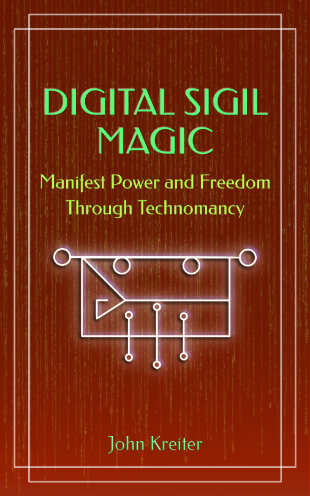
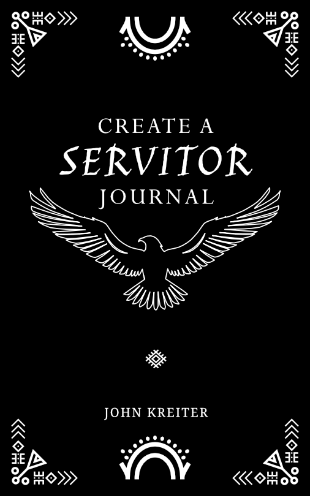
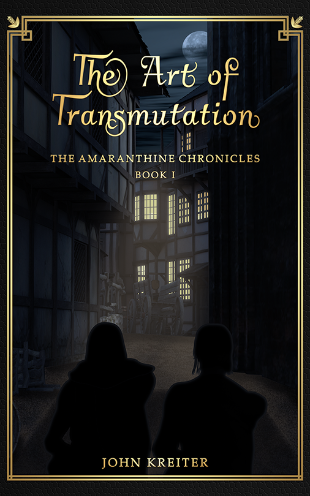
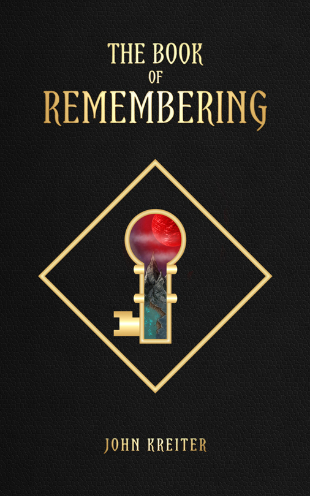
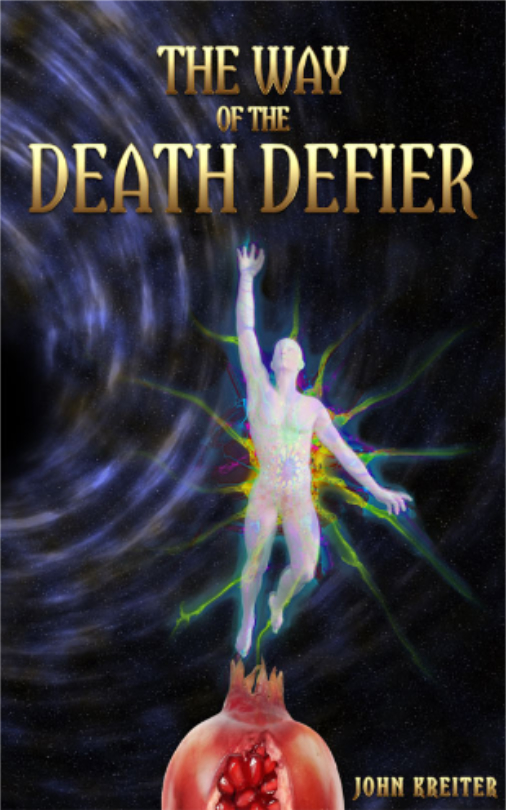
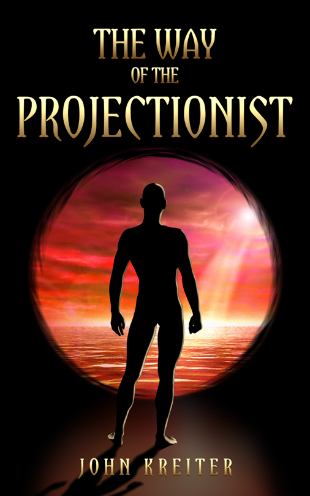
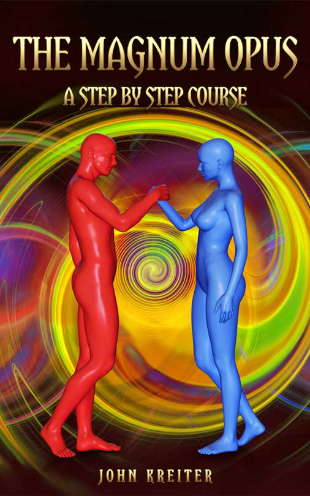
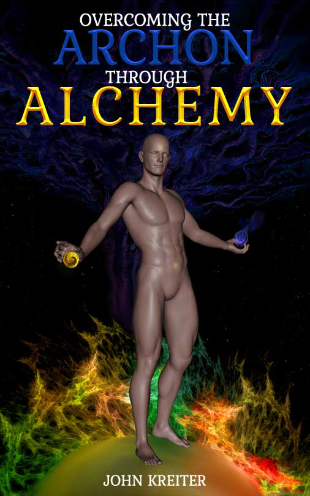
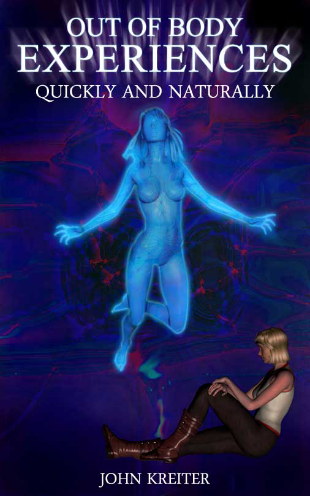
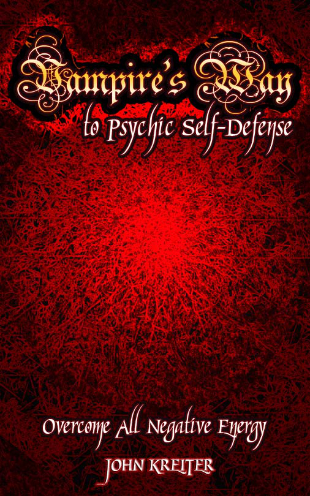
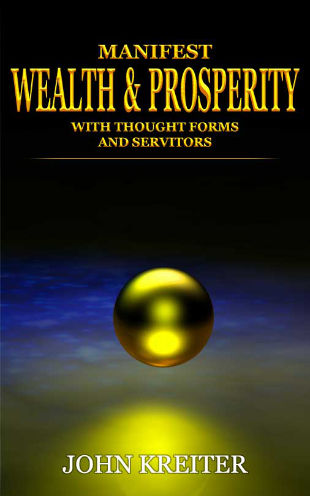
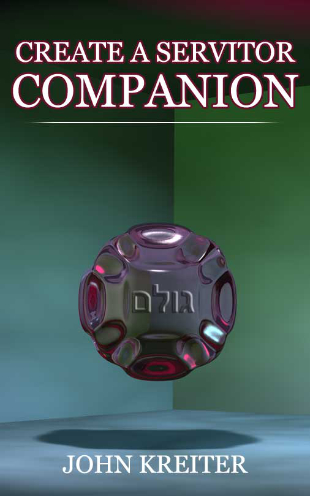
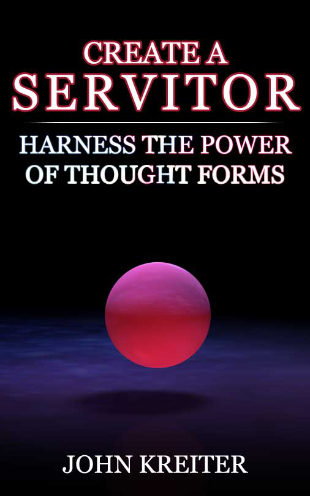
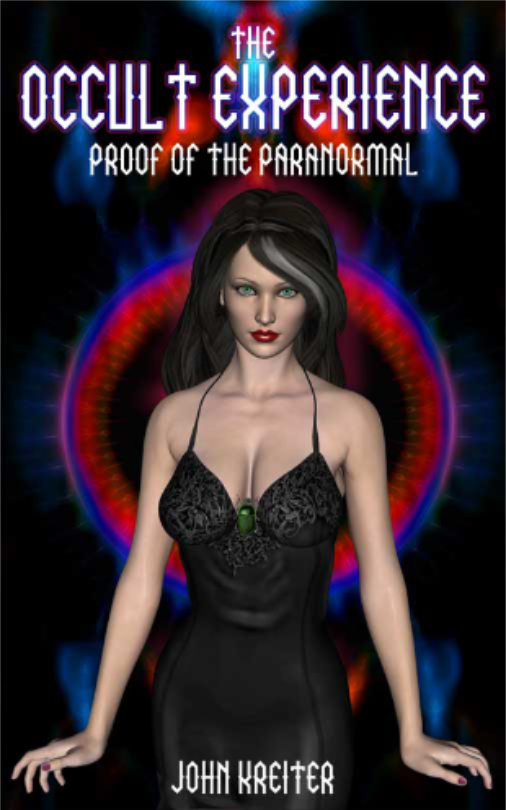

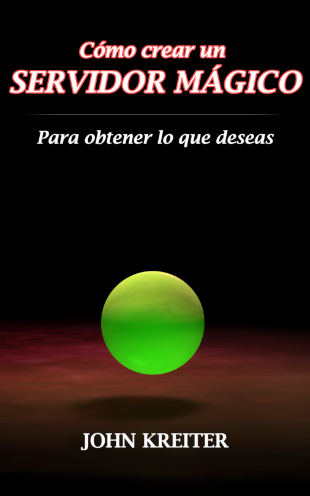
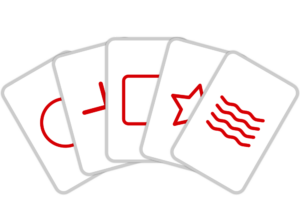

Leave a Reply